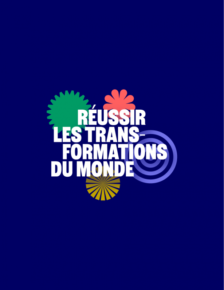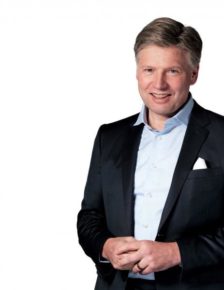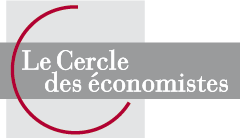Tackling inequalities
Overview
In 2003, the Nobel Prize-winning economist Robert Lucas, when discussing growth and inequality in the world, concluded: “The potential for improving the lives of the poorest people through the various instruments of redistribution is nothing compared to the seemingly infinite potential for increasing production”.
Almost 20 years later, this speech, which was already controversial at the time, seems quite dated, and the implicit theory of trickle-down growth that it expresses has lost much credibility. The theme of inequality has become central to the political economy of world transformations.
Our debate will first focus on inequalities of income, wealth, quality of access to health, education, mobility, participation in productive activities, the nature of work, etc. We will then try to see in what way the transformations of the world, in their national, regional and global dimensions, are likely to increase inequalities, and which ones. Finally, what public policies should be implemented to ensure that the necessary transformation of lifestyles and production methods does not leave a part of the population by the wayside and to ensure that everyone takes an active part in the transformation and benefits from it?
Speakers





Coordinator

Photo gallery












